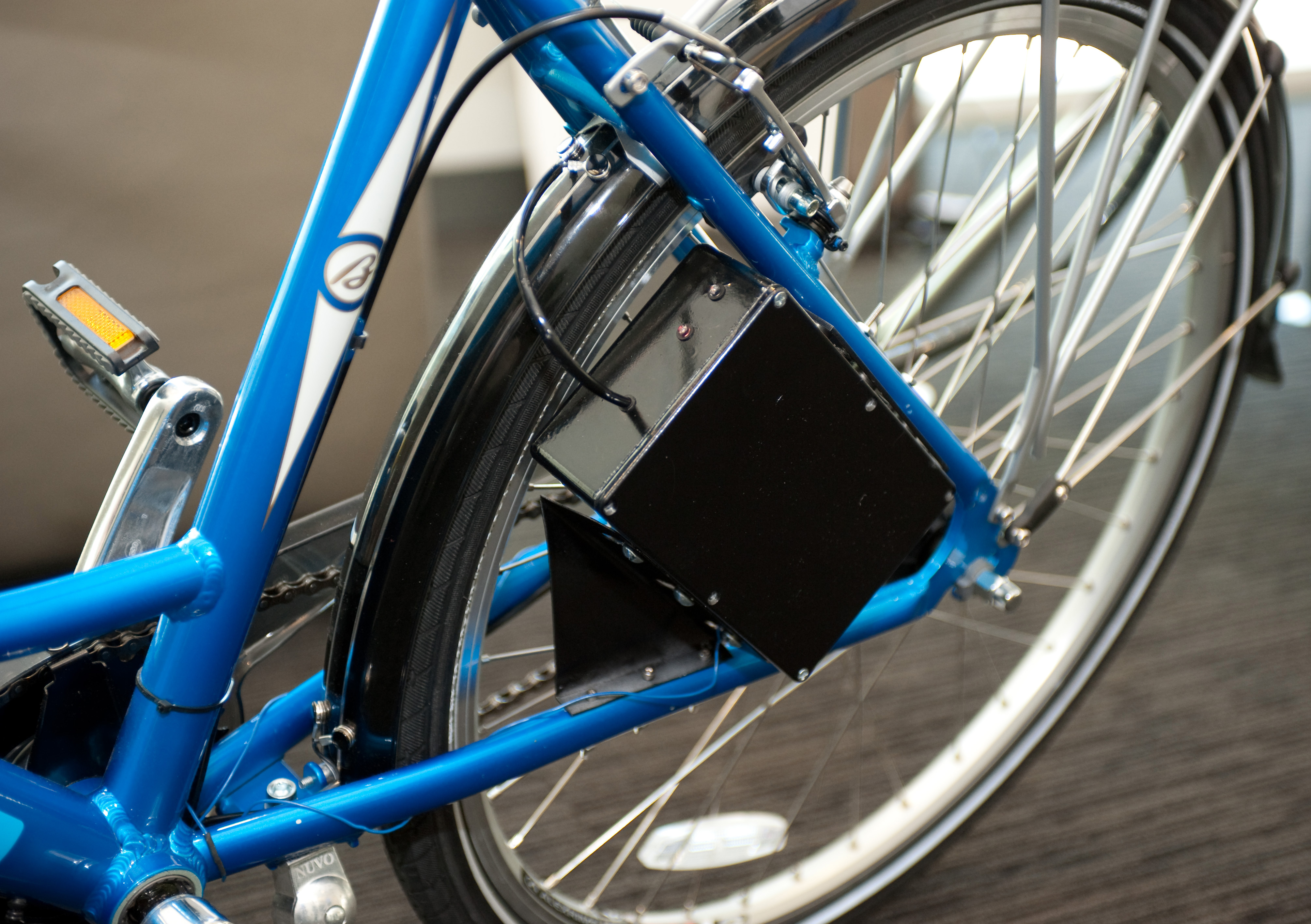
On May 11, Georgia Tech will be one of five teams that will compete to win the $200,000 MIT Clean Energy Prize – a national annual competition for the best clean energy business venture.
Finalists of MIT Clean Energy Prize to Compete for Grand Prize; Five teams chosen to vie for $200,000
4 May 2010
BOSTON - (BUSINESS WIRE) - On May 11, five teams from some of the nation’s top academic institutions will compete to win the $200,000 MIT Clean Energy Prize – a national annual competition for the best clean energy business venture.
The five finalists – representing Georgia Institute of Technology, Stanford University, MIT, Harvard and University of Maryland – were selected from two dozen semifinalists by an esteemed panel of business, academic and government leaders that converged in Boston yesterday for NSTAR’s Clean Energy Forum.
“While all the teams participating in the competition were impressive, the finalists presented the most entrepreneurial, thoughtfully researched and articulated visions for a cleaner, more energy efficient tomorrow,” said Tom May, NSTAR Chairman, President & CEO. The finalist teams each received a $15,000 cash prize to jump-start business ventures featuring their clean energy innovations which included:
ViaCycle – an advanced bicycle sharing technology that allows easy deployment of affordable, sustainable bicycle transportation in cities, resorts and universities.
C3Nano, Inc. – a cross-cutting technology that will effectively increase the efficiency – and thereby affordability – of thin film solar photo-voltaic systems.
OsComp Systems – a revolutionary new compression technology that significantly reduces the cost of natural gas production.
C-Crete Technologies – a “nanoengineered” concrete that reduces CO2 emissions from the production of concrete – the most widely used manufactured material in the world.
Enertaq – a system to manage energy use in large commercial buildings to balance the electrical grid minute-to-minute by adjusting electricity demand.
The finalists will present their plans to a grand-prize judging panel and at an awards ceremony at the MIT Faculty Club on May 11. The grand-prize winner will be awarded $200,000 by NSTAR and the U.S. Department of Energy.
Now in its third year, the MIT Clean Energy Prize competition was founded by MIT, NSTAR and the U.S. Department of Energy to accelerate the pace of clean energy innovation and entrepreneurship. For more information, visit www.mitcep.org.
